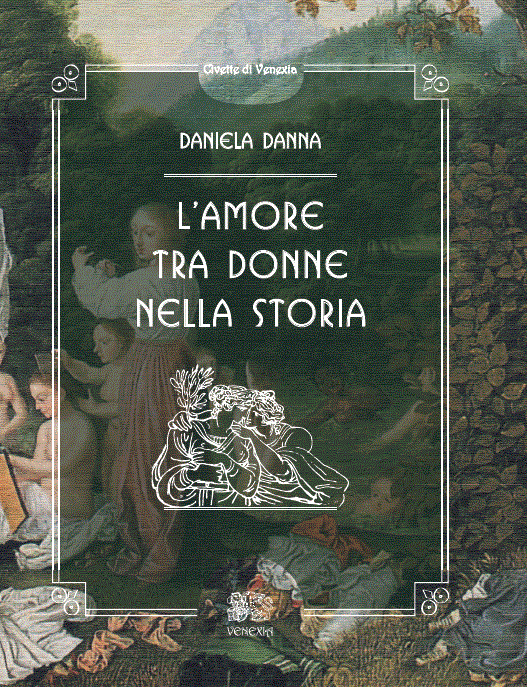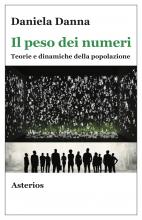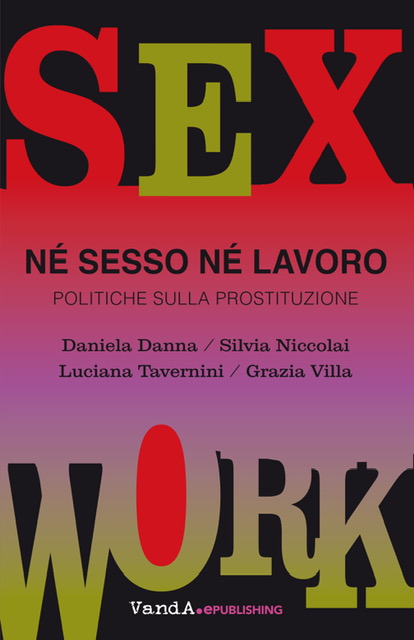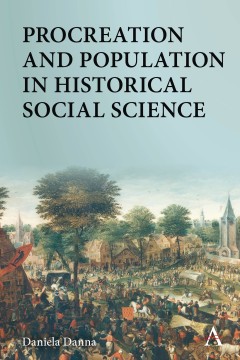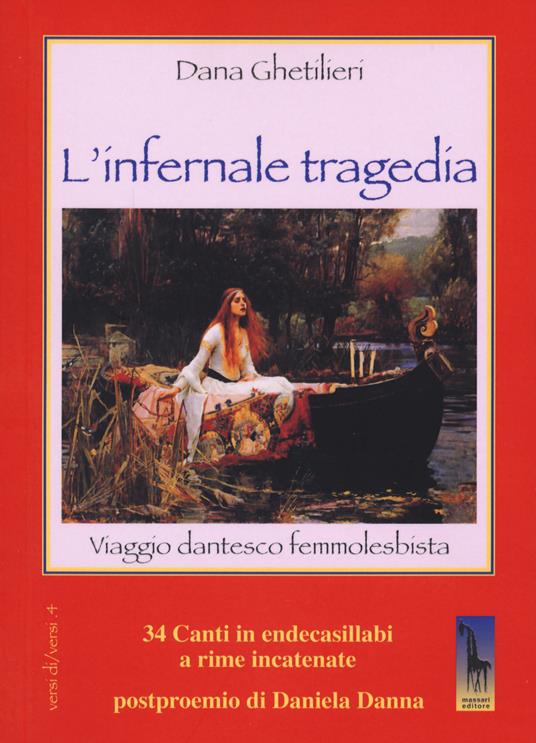Audio
Amsterdam Centre for Globalisation Studies (ACGS) and Amsterdam Centre for Inequality Studies (AMCIS)
http://arcgs.uva.nl/news-events/events/social-class-conference/social-class-conference/content/folder/social-class-conference.html
The question of social class has re-emerged as a central concern for the analysis and politics of gender and sexuality in the public sphere in many societies worldwide. The ascent and subsequent crisis of global neoliberalism have been deeply implicated in growing inequalities, which have affected the shape of gender and sexual meanings and relations in fundamental ways. For instance, whereas some women have emerged as highly successful agents in the new global economy, their ascent to wealth and power is almost always contingent upon the labour and ongoing exclusion of other – the working classes, the poor, migrants, and/or women of colour. Similarly, with the introduction of some openly lesbian women and gay men into the cosmopolitan-managerial and so-called ‘creative’ global classes, very particular articulations of LGBTQ identity and culture – mostly middle-class and ‘homonormative’ – have become more visible. At the same time alternative and marginalized expressions of LGBTQ identity have increasingly disappeared from public view. Among other factors, social class has played a key role in these dynamics. While institutional sexism and homophobia have perhaps lessened for social upper classes, the social exclusion of others has increased as the result of growing inequality and precarity. These dynamics call for greater attention to the interconnections between social class, race and ethnicity, and gender and sexuality.
Contemporary global developments exemplify what has long been seen as a central topic of scholarly inquiry: class and other social and cultural divisions have affected lived experiences and have had an impact on people’s abilities and opportunities, as well as on their constructions of gender and sexual identities, categories, and politics. A focus on ‘inclusion’, equal rights and democratic citizenship runs the danger of obscuring growing structural inequalities. Inside and outside of the academy, intersectional and other new forms of critical analysis have gone a long way in accounting for such inequalities, as well as for the divergent social positioning of actors. Nonetheless, these new approaches have not been productive on all levels of social relations and dynamics. Partly as the result of the crisis of Marxism and the theoretical problems associated with overtly reductive class analyses, the effects of class on gender and sexuality remain under-theorized and have suffered from insufficient empirical investigation. The dominance of white, middle-class, homonormative, and cisgender LGBTQ cultures and identities in scholarly debates conceals class differences and the dominance of a particular ontology. A focus on class and its interconnection with race, ethnicity, gender and sexuality enables scholars to take seriously the complexities of contemporary gender and sexual dynamics in a global world. Class analysis not only unveils inequality but brings to light difference, distinction and dissent, both between and within social groups. Such an analysis questions the dominance of particular identities, but does not satisfy itself with explanations attributing alternative experiences to essentialized or depoliticized notions of cultural difference.
A major question that needs to be addressed is the dominance of global Western ontologies in the study of social class. North–south comparisons (as well as comparisons unsettling this binary) will bring fresh insights into the way in which global dynamics have reconfigured relations between classes or the concept of class itself. For instance, class identification in many parts of the world is a matter of how well connected one is transnationally, resulting in specific forms of gender inequality. Transnational migration also reveals class dynamics in configuration with sexuality, from exploitation and labour rights in migrant sex work to examples of successful transgender migration patterns. Neo-liberalisation is often and rightly so critiqued for creating (more) inequalities, but for some groups in the global South it also implies new opportunities. Recent studies on the global middle classes, for instance, have also emphasized the symbolic meaning of class. Eventually, such studies point out the necessity of questioning how the material and cultural dimensions are dialectically intertwined in the generation of gendered class subjectivities and relations. Exploring the class dynamics of gender and sexuality in and from the global South thus brings new understandings.
Four interconnected developments background our call for a focus on class. First, gender and sexuality are often largely absent from class analysis. Second, class since the 1980s has increasingly been abandoned as a theoretical tool in feminist theory, even though Marxism had informed feminist theory and practice until the 1980s. Third, the central role that queer approaches to social and cultural analysis attributes to choice, change, and the destabilization of categories comes at a cost, namely the lack of attention to more enduring power relations and inequalities. Fourth, taking a transnational standpoint will help further theorise the questions of social classes in the 21st century.
The way forward, we suggest, is to start unpacking the concept of class. Interestingly, while most of us recognise immediately the notion of class, definitions of it remain elusive and differ tremendously in their reach and implications. During this conference we intend to explore various routes to unpack the formulation of class through the prism of gender and sexuality. The first question is the matter of scale: from day-to-day interaction, via various levels to the state, and the transnational level: when does class matter? Hence, what makes class matter? What are the material and/or symbolic characteristics of class and how do they matter? Which social, political or cultural ideas, practices and institutions ‘form’ social class? Last but not least, how can class analysis shed light on gender and sexual relations, and how does gender and sexuality analysis shed light on class? We invite papers from the wide range of social sciences, including social history, to take up these questions and engage in an interdisciplinary debate.
Con Luigi La Fauci modereremo il panel “A class analysis of LGBTQ parenthood”
il mio intervento “Equality in reproduction? Surrogacy and its discontent”
Abstract:
The starting point of my paper are the discourses of homoparental associations, such as the Network of European LGBT Families Associations (NELFA), APGL, Famiglie Arcobaleno that put in parallel the two political requests for access to assisted reproductive techniques and surrogacy: they are meant as the parallel ways for, respectively, lesbian and gay couples to become parents. These political positions rise a number of questions: what is “equality” in reproduction? (NELFA demands “Equal access to surrogate parenthood all across Europe, as it is a worldwide reality”.)
One thing is to ask for equality of established families, but another to constitute a family. The possibilities of women and men are of course different. In this paper I will touch only tangentially the ethical questions regarding the use of bought sperm, and will concentrate on how gay men who do not want to share parenthood with women can become parents. How do the two possibilities of adoption and surrogacy exactly differ from one another? What is surrogacy, precisely? Does it need the law approval? Does it need contracts? And, more generally, is surrogacy a class question, entailing exploitation, or is it based on the gift-giving qualities of “surrogate mothers”?
The questions will be answered by an analysis of how in contemporary society, characterized by patriarchy and capitalism, law and culture define a family, a mother, and what we can characterize as voluntary and free.
For more information on the conference visit: www.arcgs.uva.nl/<http://www.arcgs.uva.nl/>




